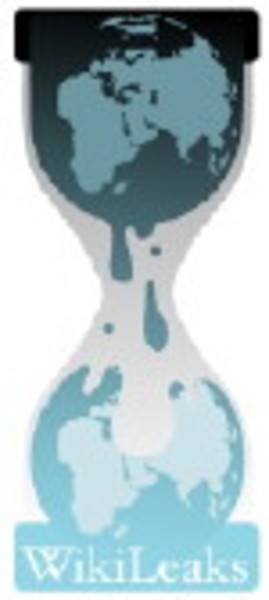The United Arab Emirates and the Kingdom of Saudi Arabia have both elected to ban the Blackberry, More specifically, it is a pseudo-crime to use Blackberry’s messaging and other services. 18-year-old Emirati Badr Ali Saiwad Al-Dhohori has been imprisoned since the 15th of July. I suppose it might still be legal to use it as a paperweight, though I wouldn’t bank on it.

The bans started in UAE, where users were messaging about the increase in that country’s gas prices. In Saudi, beginning tomorrow, the country’s mobile services will simply shut down all Blackberry service. The UAE plans to follow the KSA’s lead but not until October. It is not uncommon in the Arabic world for authorities to suddenly see a service as a threat and overreact.
Russia blocks YouTube. Nationalist extremist propaganda has inspired a Russian judge to block YouTube, three library websites and one other, instead of targeting the offending videos. An ISP in an east Russian city will be obliged to block these services starting August 3.
Uyghur website owner sentenced to jail time. Dilshat Perhat, manager and owner of the Diyarim website was sentenced to five years on July 21. This action is part of a wave of harassment and Web blocking in that part of China.
Wikileaks volunteer detained and U.S. Army increases investigation. Jacob Appelbaum, who works on the excellent Tor onion router project and is also a Wikileaks volunteer, was detained at Newark Airport near New York. He was reentering the country from Holland and was held for three hours and interrogated by Immigration and Customs Enforcement and U.S. Army officials. Appelbaum had previously given a speech when Wikileaks’ leader Julian Assange was unwilling to enter the U.S.

Wikipedia blocked in Iran. Global Voices’ Tal Pavel does a service by explaining an aspect of online censorship that confuses many people. Westerners, in particular, expect that a country has either wholly blocked something or has not blocked it at all. If it isn’t wholly blocked, that is “proof” that people are overreacting.
Alas, not so.

“We mention the example of Balatarin here as a testimony to the phenomenon that exists in Iran for for many years: websites that are blocked permanently in the country, while others are blocked from time to time due to specific causes.
“In addition, the Iranian authorities had coped with the situation of differences in Internet filtering policies. This is due to the existence of many Internet ISPs which fulfilled the government’s policy in different ways. Which creates a situation in which sites are blocked in one region but available in another area.”
This happens often, for example, in China. Another element that Pavel doesn’t mention is that this incompleteness of censorship can benefit a regime. It allows them plausible deniability and saves money. Whole-cloth censorship is very expensive, time-consuming and attention-attracting. This method is none of those things.

















